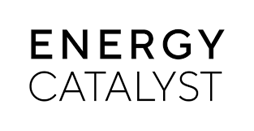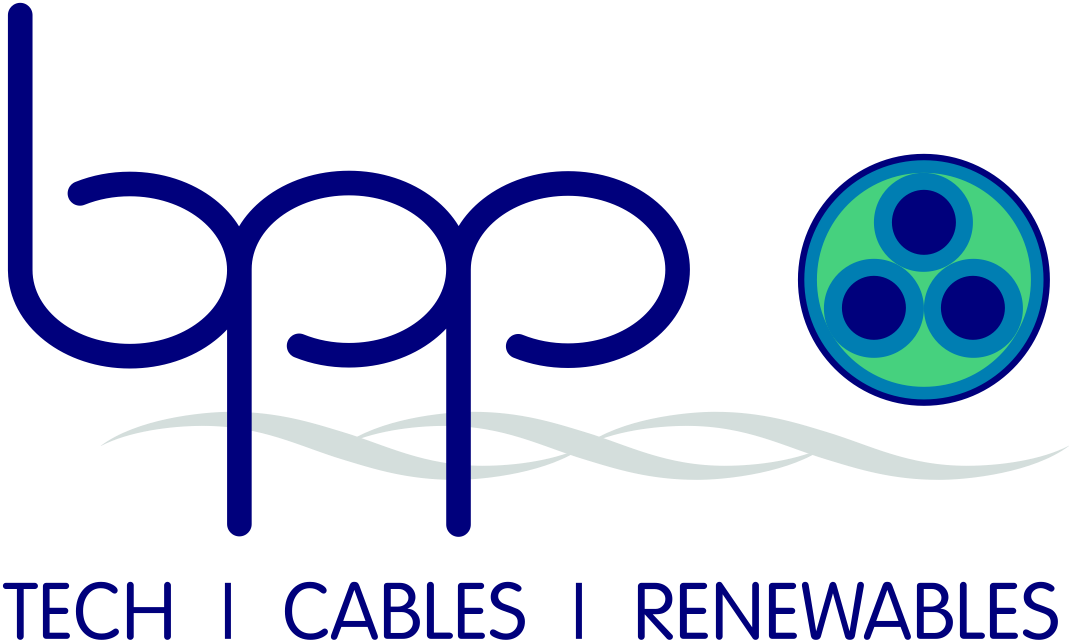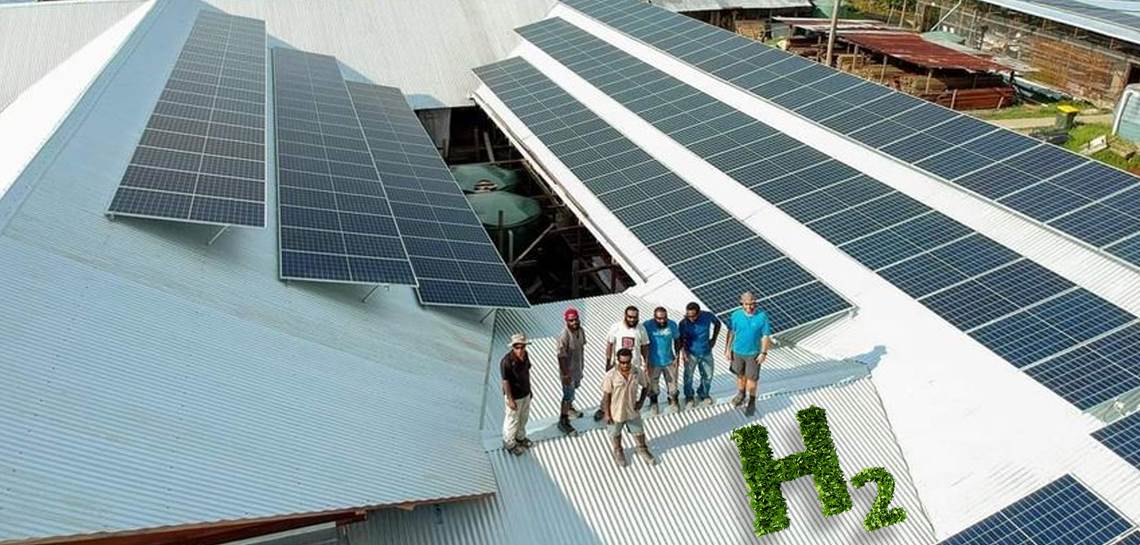Solar-H2 for Remote Hospital Facilities in Papua New Guinea
The Challenge
Communities in Papua New Guinea face a multitude of challenges due to a lack of development. 82% of the population do not have access to electricity, and 60% cannot access safe water. Especially in remote areas, there is a large dependence on either diesel generators, or burning vegetation for light and heat.
Nowhere are these challenges more apparent as in the Kikori district, where unreliable, off-grid power sources are susceptible to regular outages and lack of fresh water threatens the well-being of the community. Hospitals in this region, which rely heavily on electricity and water, are particularly in need of a solution to enable them to provide essential healthcare services to the local population.
The Project
BPP-Renewables and FutureValue are developing a high-level design of a solar-Hydrogen mini-grid system that produces Hydrogen, Oxygen, electricity and fresh water for a hospital facility and surrounding community in the Kikori district of Papua New Guinea. This system will store Hydrogen, Oxygen and both clean and hot water for use by the hospital, with a “Plug & Play” set-up to ensure ease of installation and a high level of scalability.
This project includes the following:
- Design and model a solar-based Hydrogen system suitable for the chosen site
- Identify optimum methods of storage for Hydrogen, Oxygen and water
- Demonstrate that the system is technologically and economically viable for implementation in Papua New Guinea and similar regions
The Outcomes
The project aims to develop an effective solar-based solution providing Hydrogen, Oxygen, electricity and water for use by hospitals and surrounding communities. This solution will be scalable for implementation across Papua New Guinea and other Indo-Pacific countries.
The project benefits the local community by:
- Increasing reliable access to electricity and water
- Improving the capabilities and reliability of local health-care facilities
- Reducing the reliance on fossil fuels and local vegetation and therefore reducing the inhalation of harmful smoke
- Improving quality of life for women and girls by improving neonatal care in hospitals, and reducing the need for gathering of vegetation, which would usually fall on these groups
- Supporting the establishment of micro-enterprises and small businesses through more robust energy provisions
Funders


Our Partners

Expertise
- Renewable Integration Feasibility Studies
- Green Hydrogen & Oxygen Production, Storage
- Feasibility Studies & Preliminary System Design
- Financial Models & Economic Analysis
- Risk Assessment and Survey Support Gender Equality & Social Inclusion

